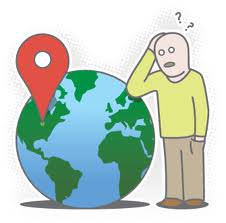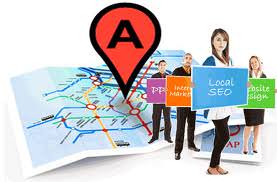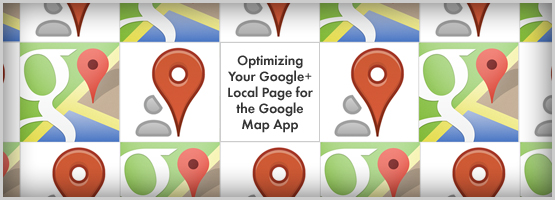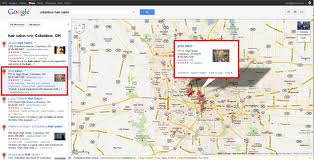Every website owner wants his website to rank at the top of search results. The websites near the top typically gets the most traffic. To a web business, the more traffic it can attract, the higher the profit potential. Getting a high position in rank depends a lot on how your website is optimized. There are techniques that are effective, and techniques that should not be tried. If you want more information on Google Local Optimization so you can start improving your website’s rank, review the information in this article.
How to Improve Search Engine Rankings
It is common knowledge to most people that google places optimization is all about how keywords are used in the website’s content. As a site owner, you first should identify what words are the most relevant to your line of business. These will words that you think people will type into a search engine when they are searching for information relating to your business. When you make your list of words that come to mind, try to rank them in the order of relevance to you.
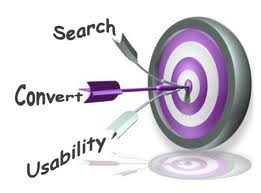 The most relevant keywords should have a very visible position in your content. Paragraph headings coded in the H1 or H2 HTML tag would be appropriate places for your better keywords. Each one of your web pages has a title and description meta tag in the the code. You should use your more relevant keywords in those areas as well. In addition, the title and description tag information are used to form your site entry in search engine results. These few lines will be what web users see when they browse through search results and decide which ones to click on.
The most relevant keywords should have a very visible position in your content. Paragraph headings coded in the H1 or H2 HTML tag would be appropriate places for your better keywords. Each one of your web pages has a title and description meta tag in the the code. You should use your more relevant keywords in those areas as well. In addition, the title and description tag information are used to form your site entry in search engine results. These few lines will be what web users see when they browse through search results and decide which ones to click on.
For the rest of your content, you should use your keywords only if they are appropriate to use in context. Do not try to “stuff” your page with keywords if the idea or sentence structure does not make sense. Search engine crawlers are intelligent. They will detect that as keyword stuffing and will demote, and sometimes even delist, your website as a penalty for using a “black hat” technique to try to gain a better site rank.
Quality Content to Increase your Visitors
You content should be high in quality. Your web visitors will be reading this content for helpful information. It will not do you any good if your visitors land on your page, but only to find the content sub-par in quality. They will leave your website without hesitation.
Non-text elements like images are not able to be indexed by search engine. However, you can help the search bots see them by adding keywords to the image tag’s ALT attribute. This is perfectly acceptable and a good way to make images more relevant from the perspective of search engine.
Google+ business optimization is something that you have to keep up with in order to maximize its benefits. The Internet is dynamic. The site rank that you have today may not be the rank that you have next week. You have to refine your strategy constantly to maintain your position. Google Local Optimization is necessary for as long as you run your website.

